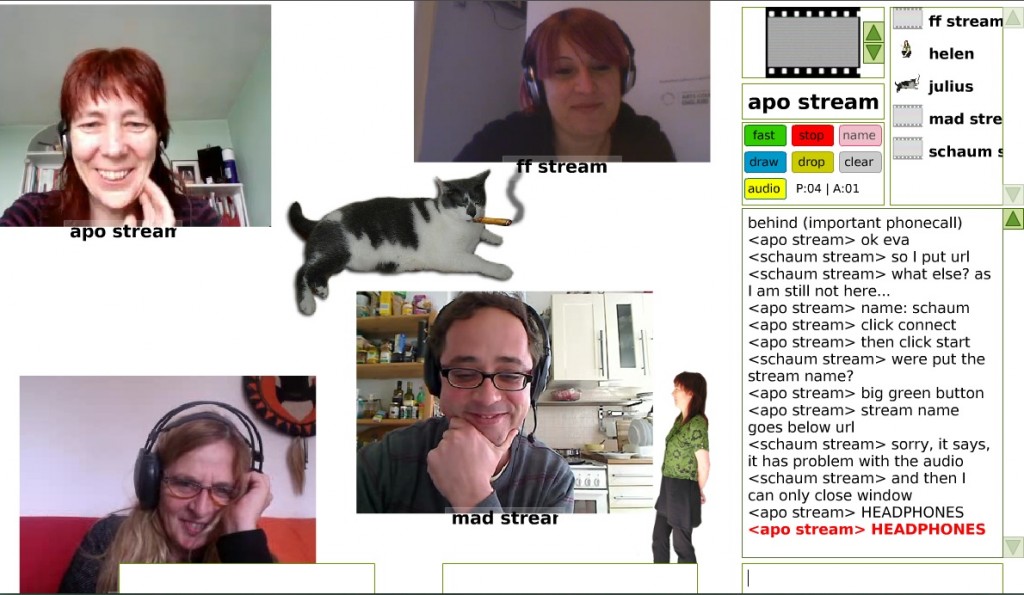The other day I watched a 25-minute video about taking apart & recycling a Boeing 747 airplane; the movie is Hollywood style, with plenty of dramatic music & quoting lots of numbers – how heavy things are, how much money the recycled parts will sell for, what wind-speeds the nose of the plane can withstand and so on. The men doing the work (yes, all men) are interviewed about how dangerous their work is (no-one is wearing a hard-hat – but perhaps that would be a bit ineffective if a jet engine fell on you). I had never previously given much thought to what happens to retired planes, and it seems not many other people have either, since apparently most of them simply get left to rust and rot on old runways in places like Arizona. Only recently has the airline industry begun to recognise the value in recycling the planes, and this video documents the first Boeing to be recycled.
What’s more visible to us as consumers of air travel is the daily waste from commercial flights (such as 1 million plastic cups every six hours from flights only within the USA), noise pollution for those unfortunate enough to live or work under the flight paths of major airports, and controversies around the location and expansion of urban airports. The frequent flyers among us are well-informed about our carbon footprints and we’re encouraged pay off our guilt through dubious tree-planting schemes. One hundred years ago the commercial passenger flight industry did not exist at all, but today it is something that westerners have come to regard as a right, expecting to have cheap flights to whatever places we want to go. But is this really sustainable?
“Recycling a Boeing” is the proposal for the Nantes situation taking place next week, as a provocation for discussion around waste and transportation, mobility, consumption, economy class travel and environment. This builds on the London situation which addressed e-waste, and leads into the following Eindhoven situation with the theme of global mobility and migration. Research for Nantes is being gathered here and on our project wiki; as well as watching the Boeing video mentioned above I have been learning about a plane that has been recycled as a mobile art space, the man who ate an airplane, and other related stories!
Today and yesterday we have spent a lot of time in UpStage, working with the new audio-visual streaming feature. Each of the partner organisations now has at least one person who knows how to send a stream and operate it in UpStage, and we have been experimenting with different cameras (web & video camers) and the Manycam application, that allows us to do things like add text and effects to the web cam image. We are also sharing ideas for better structuring and facilitating the discussion.
I travel to Nantes on Sunday – by train, so this time I won’t pass through the airport (perhaps we’ll have to have a site visit, as we did with Bright Sparks in London). The workshop begins on Tuesday and will be an open process, with the public invited to enter the space to watch or participate as we develop the performance. The event itself takes place in the evening of Friday 12 April, starting at 19.30 CET with the performance and then the discussion. Live links will be on the home page of the site – please join us!
